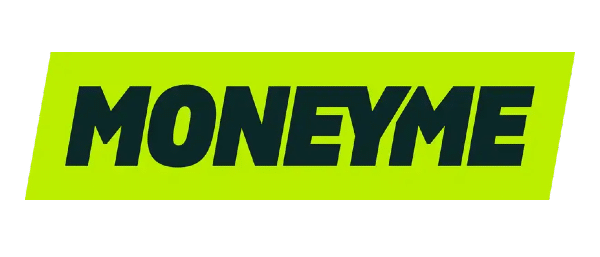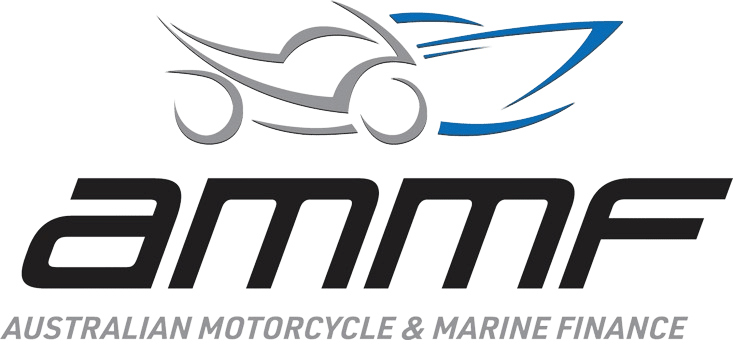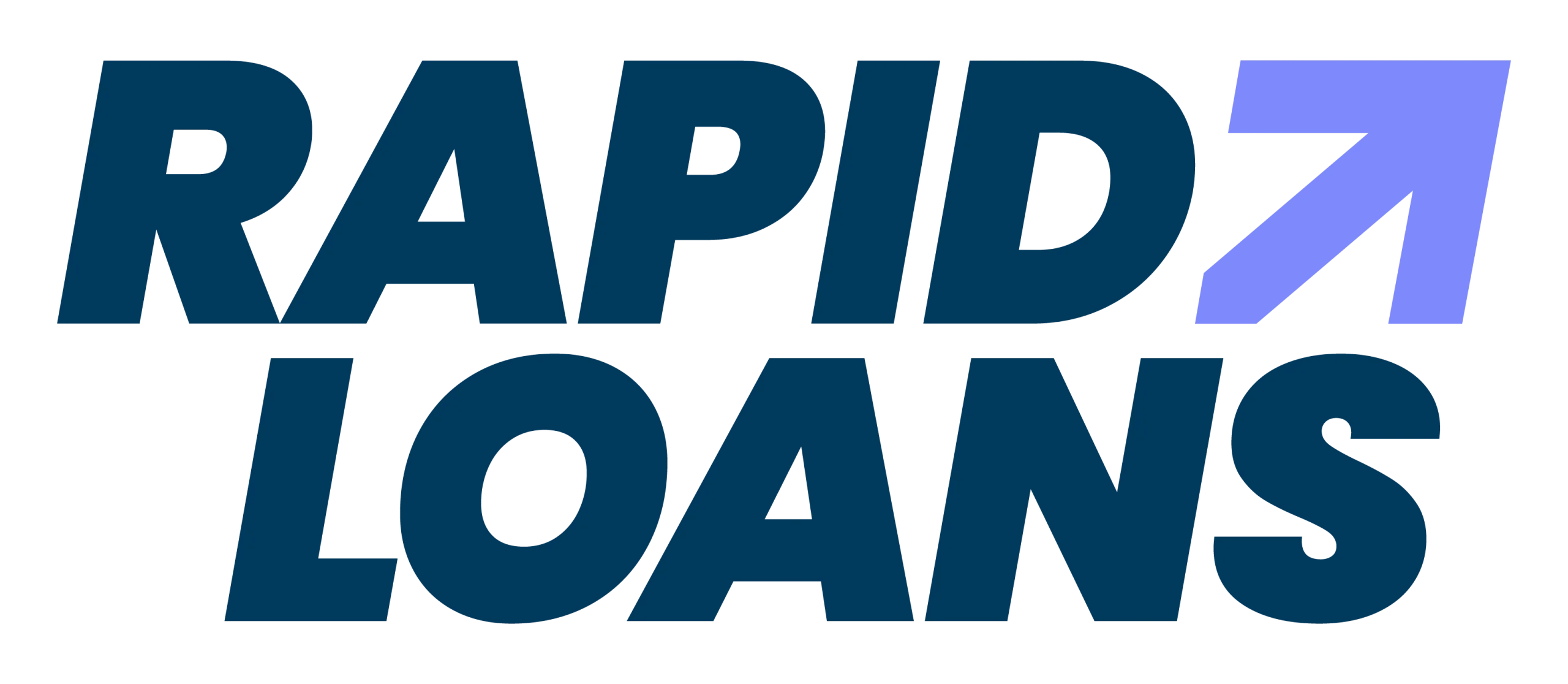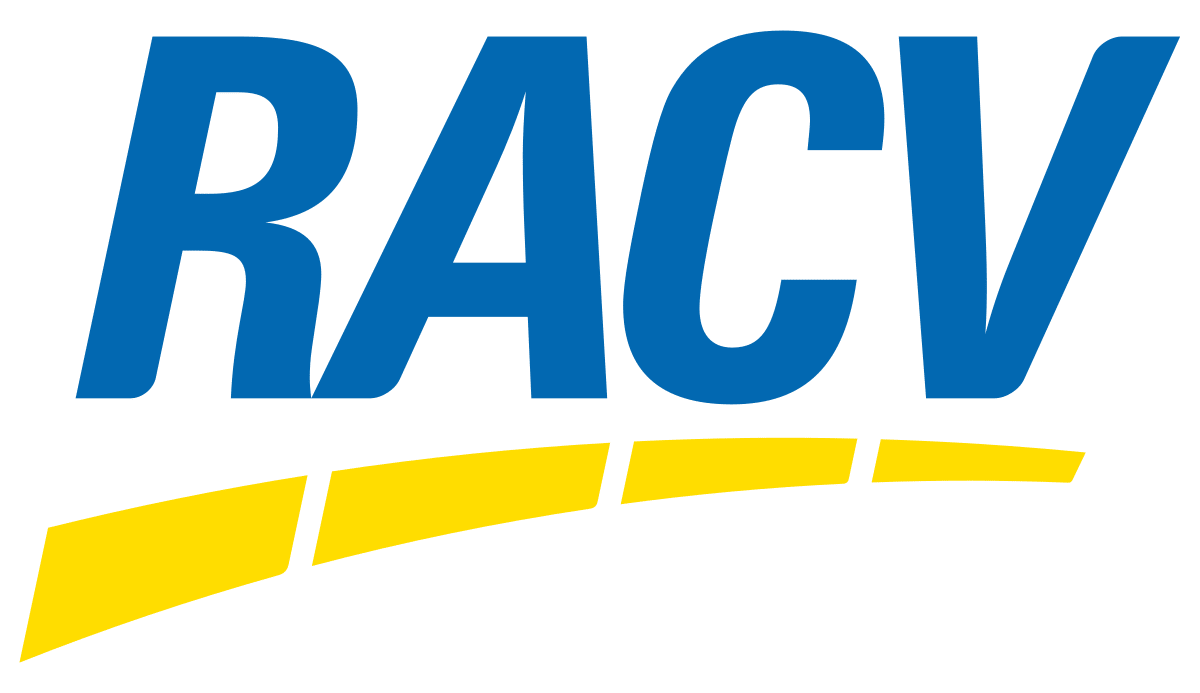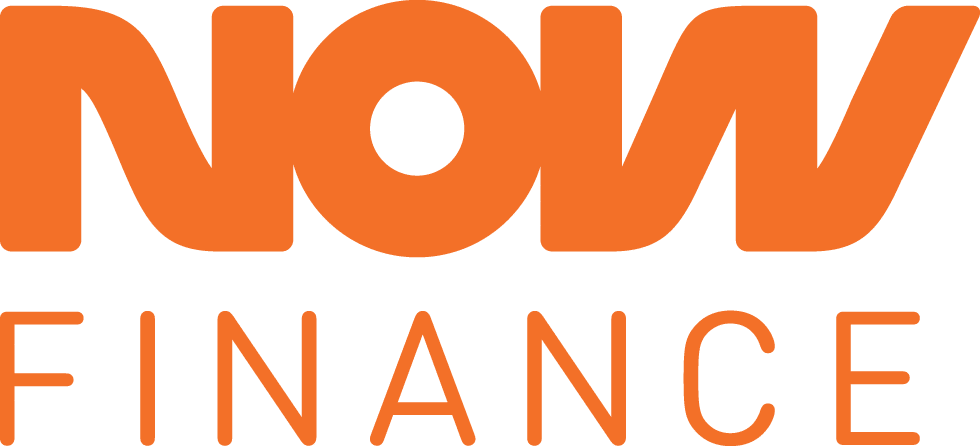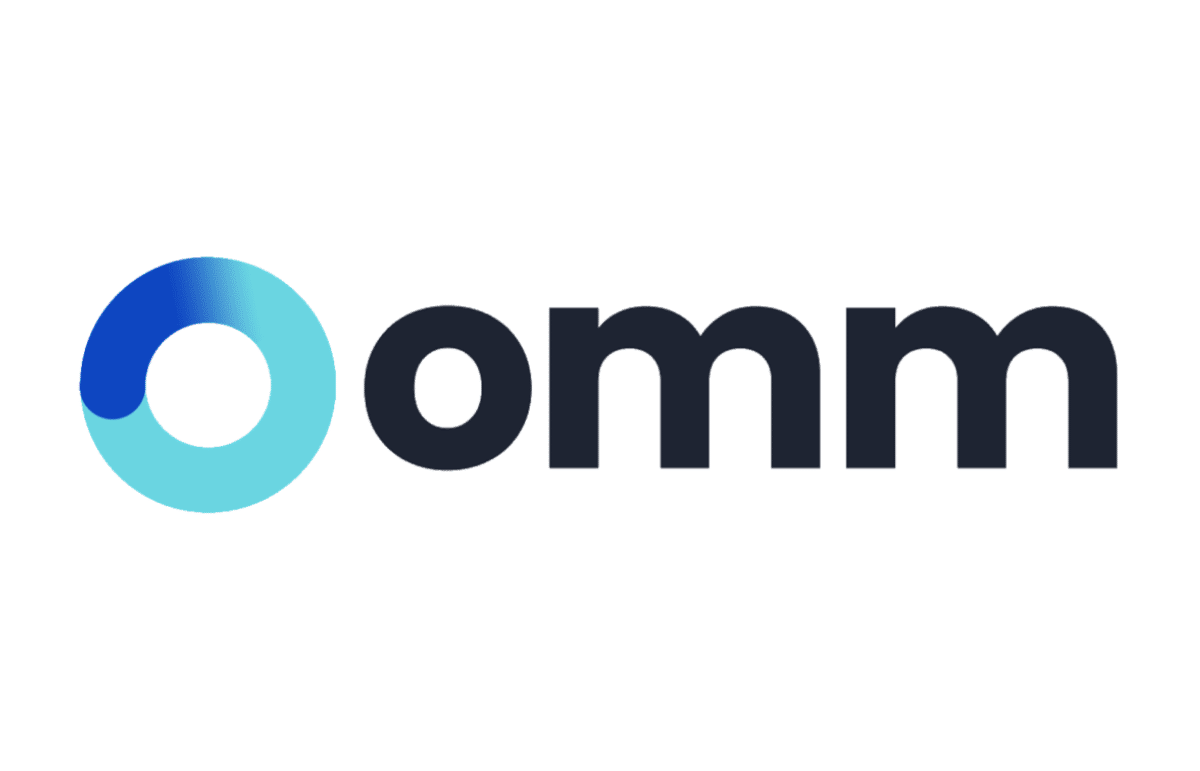Unsecured personal loans are loans that don’t require any collateral. This means you won’t need to offer a valuable asset, such as your car or property, as security for the loan.
These loans are usually available from as little as $5,001 up to a maximum of $75,000, depending on the lender and your borrowing needs. Repayment terms can vary from one to seven years, and you have the flexibility to choose whether to make weekly, fortnightly or monthly repayments.
Savvy makes it easy to explore your unsecured personal loan options. Get started with a quick online application today!
What can an unsecured loan be used for?
Because of their lack of attached collateral and the flexibility of personal finance in itself, you can essentially use your unsecured personal loan for whatever purpose you like. This is within reason, of course, with some lenders providing a list of suitable uses for funds under their loan agreements. Some of the most common reasons people take out a loan include:
- To consolidate outstanding debts and turn them into one manageable monthly payment
- To fund renovations or other improvements around your home
- To cover the cost of medical expenses if you lack the funds to pay them upfront
- To allow you to organise your dream wedding
- To pay for your next holiday
- To cover legal fees that might arise unexpectedly
- To purchase a vehicle if you aren't eligible for a standard car loan
Why apply for a personal loan with Savvy?
Help from the experts
When you submit your application, one of our consultants will compare the best available options and walk you through the process.
Paperless applications
You don't need to worry about sifting through documents and visiting the post office, as they can all be submitted online.
Reputable lending partners
We've partnered with personal loan companies you can trust to ensure your comparison is a high-quality one.
The difference between unsecured and secured personal loans
Unsecured personal loans aren’t the only option borrowers have when it comes to finance – another option could be a secured personal loan. If you’re weighing up your options, here’s how the two compare:
| Unsecured | Secured | |
|---|---|---|
| Security | No security required | Secured against a valuable asset like a car or property, which the lender can sell if you default |
| Borrowing limits | Lower borrowing amounts, often limited to $75,000 or less | Higher borrowing amounts, often up to $100,000 |
| Interest rates | Higher rates, typically 7% – 21% p.a. | Lower rates, typically 6% – 19% p.a. |
| Loan term | 1 – 7 years | 1 – 7 years |
| Purpose | Flexible use for a variety of purposes | Can be used for various purposes, but often tied to the purchase of a specific asset |
| Approval | Quick approval with potential same-day funding | Longer process, typically requires asset valuation and extra documentation |
Which you should choose depends on your needs and circumstances. If you want faster approval, more flexibility and don’t have a valuable asset to offer as security, an unsecured personal loan might be the better choice. However, if you need to borrow a larger amount or want to access lower interest rates, a secured personal loan could be more suitable – as long as you're comfortable offering an asset as collateral.
Can I get an unsecured personal loan with bad credit?
Yes – some specialist lenders offer personal loans for borrowers who have struggled with their credit in the past. These loans can provide a pathway to finance if you’ve been turned away by traditional banks, although you’ll usually face:
- Lower borrowing limits
- Higher interest rates
- Restricted lender choice
- More extensive documentation requirements
You’ll also need to meet basic eligibility criteria, including:
- Being over 18 years old
- Meeting residency requirements (typically being an Australian citizen or permanent resident)
- Having stable employment and a minimum income
- Not being bankrupt or under a Part IX debt agreement
While your credit history will play a major role in the decision, lenders also look closely at your overall financial stability – such as steady employment, a reliable income and your ability to afford repayments. You may also boost your chances by applying with a guarantor, who agrees to support the loan if needed, or by taking time to improve your credit score before applying.
How to compare unsecured personal loans
Comparing your loan options before you apply is crucial if you want to lock in the best available deal. There are several important factors to weigh up, including:
Interest rate
Lenders advertise their lowest available rates, but the rate you’re actually offered could be higher depending on your credit profile and financial situation. Even a small difference – just 1.00% p.a. – could save you hundreds of dollars over the life of your loan, so it’s worth comparing carefully.
Interest rate type
There are two options here:
- Fixed interest: this is the most common with personal loans and works by locking your rate at the beginning of the loan. Fixed interest protects you from potential rate rises and provides you with a more consistent set of repayments which enable more accurate budgeting.
- Variable interest: this doesn’t lock in your rate, instead leaving it open across the loan. Variable interest is ideal on your personal loan if rates fall during your term. It could mean you potentially save money across your term, but they could end up costing you more in equal measure if interest rates increase.
Fees
These can include:
- Establishment fees: a one-off fee that’s built into your loan repayments, some lenders may charge this from around $150 up to as much as $600. However, others won’t charge it at all.
- Ongoing service fees: these are charged on an ongoing basis, usually each month. While some lenders may not charge these fees, others may add $5 to $10 to each month’s payment.
- Early repayment fees: these often aren’t charged for personal loans. However, for lenders who do charge them, the amount you’ll pay will depend on the size of the loan and the term remaining.
- Late repayment fees: you’ll be hit with one of these if you make a late payment, with charges ranging from $15 to $35.
Loan terms
Loans can range from one to seven years, but not all lenders offer the full range. Some cap their terms at five years, while others may enforce a minimum of two to three years. If you’re looking for an especially long or short loan, it’s important to consider what your lender can offer.
Loan amounts
Amounts offered varies between lenders. It’s common for financiers to offer loans up to a maximum of $50,000 instead of $75,000, while some may enforce a minimum of $10,000 instead of $5,001.
Repayment flexibility
Unsecured loans will generally come with free additional repayments, affording you the flexibility to pay off your debt ahead of schedule and save money in the process. Additionally, certain lenders may also offer redraw facilities on their personal loans, which allow you to withdraw additional payments you’ve made previously at any time.
Eligibility criteria
It’s important to know before applying whether you meet the eligibility criteria to qualify for a personal loan. We’ve unpacked the standard criteria below so you can find out what the requirements are from most lenders.
Personal Loan Repayment Calculator
It’s important to have an idea of what your loan might cost you overall before you apply. Fortunately, Savvy’s personal loan calculator is simple to use and lets you know how much your repayments could be.
Your estimated repayments
$98.62
| Total interest paid: | Total amount to pay: |
| $1233.43 | $5,143.99 |
How to apply for your unsecured personal loan with Savvy
-
Complete our simple online application form
First and foremost, you’ll need to fill out our quick and easy online form. Tell us about yourself, your finances, the loan you’re after and why you need it in just a few minutes.
-
Compare your options with Savvy
Once you’ve done this, you’ll be able to assess the products on offer from our partnered lenders. A member of our team will reach out to help you choose the best available offer.
-
Send your documents and formally apply
If you’re happy with one of the options available, you can go ahead and formally apply. We’ll handle this for you; simply send the required documents through our online portal and we’ll do the rest.
-
Get approved and sign your contract
We’ll let you know when you’re formally approved, which can happen in a matter of hours, and all you’ll need to do is sign your loan contract electronically to receive your funds as soon as the same day.



